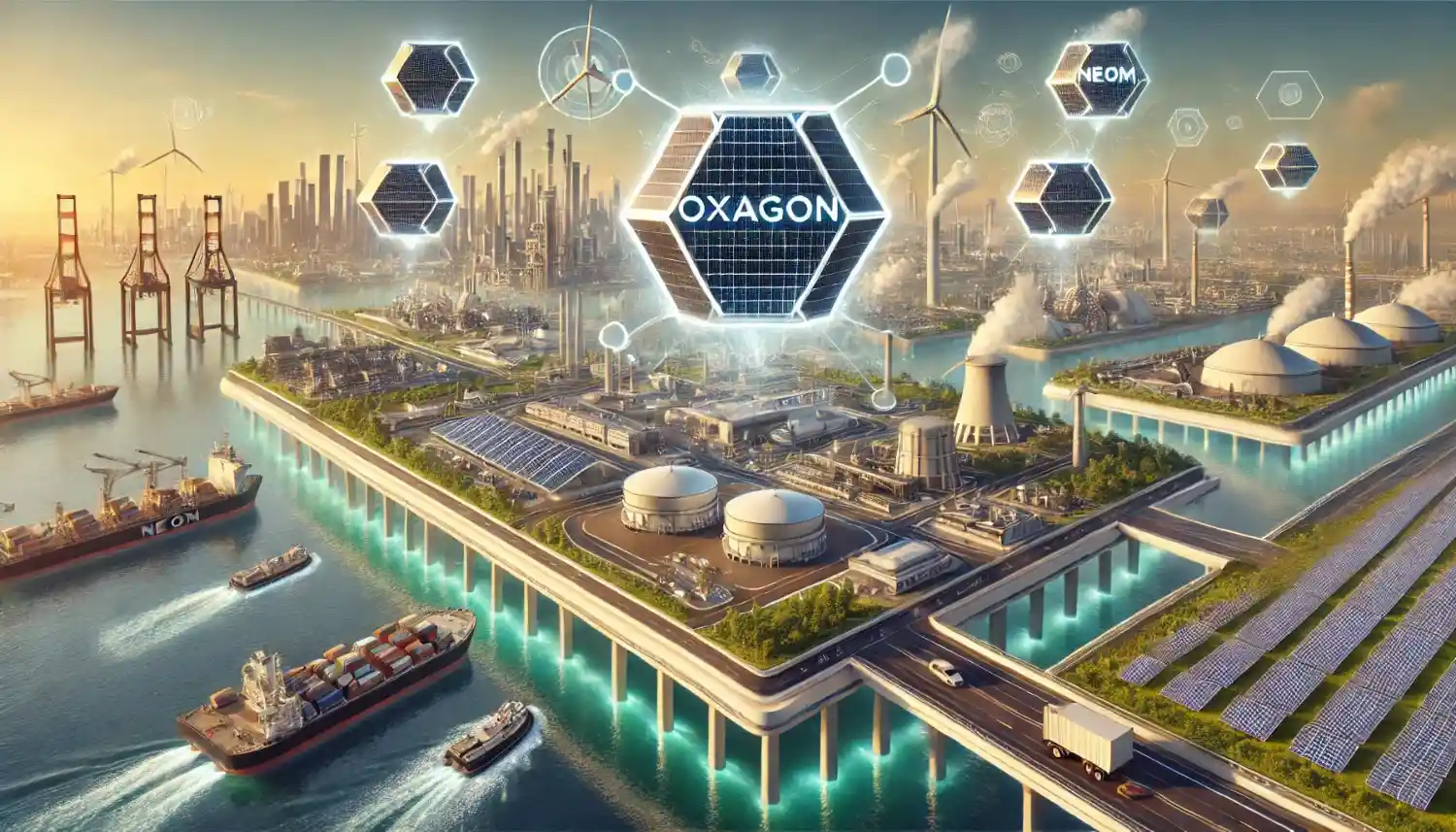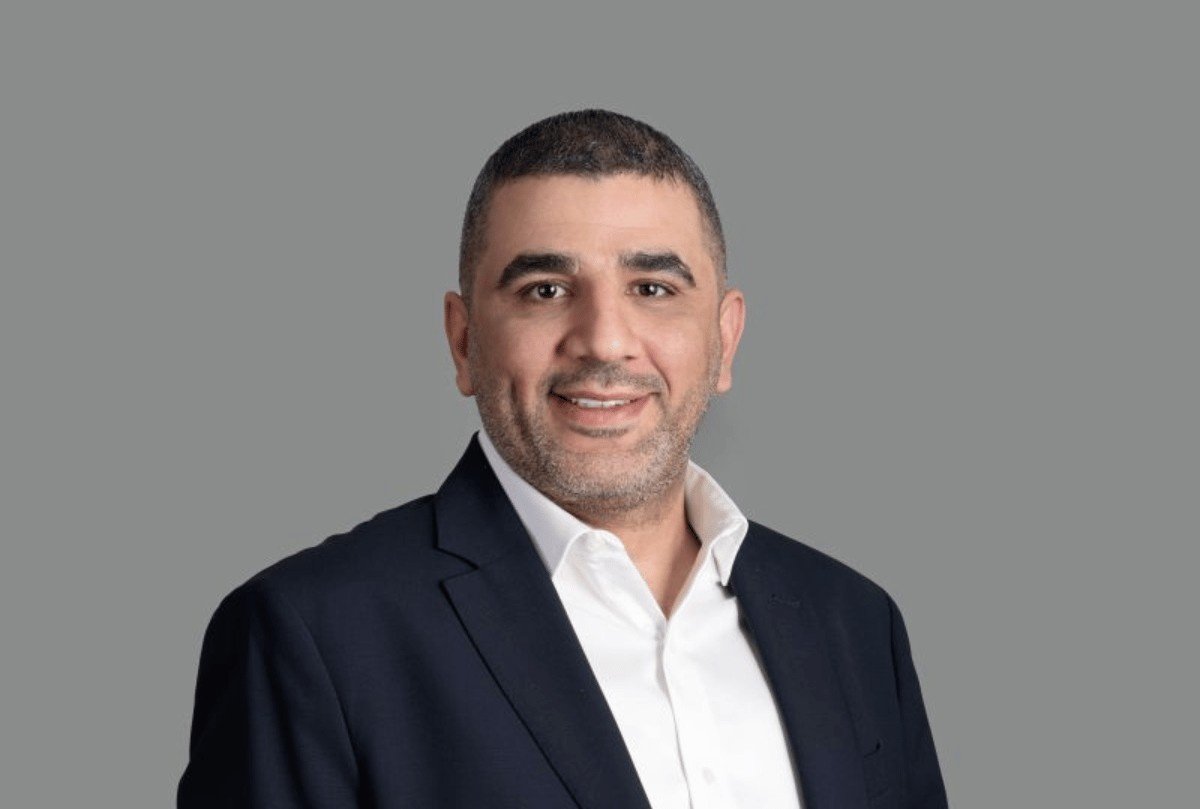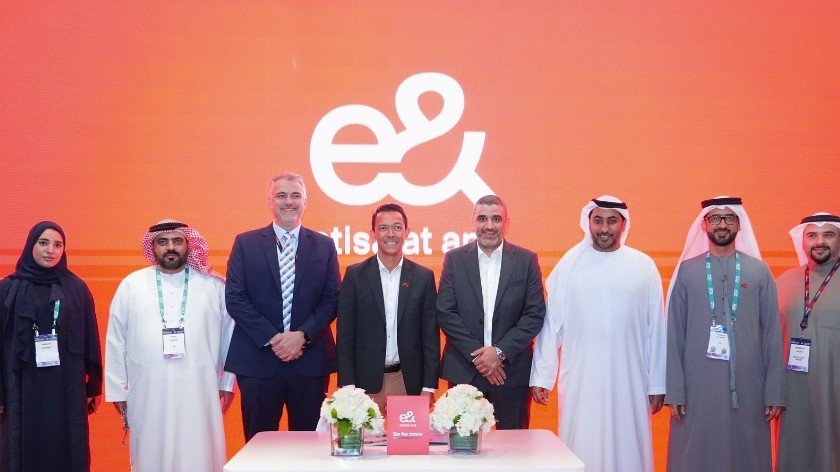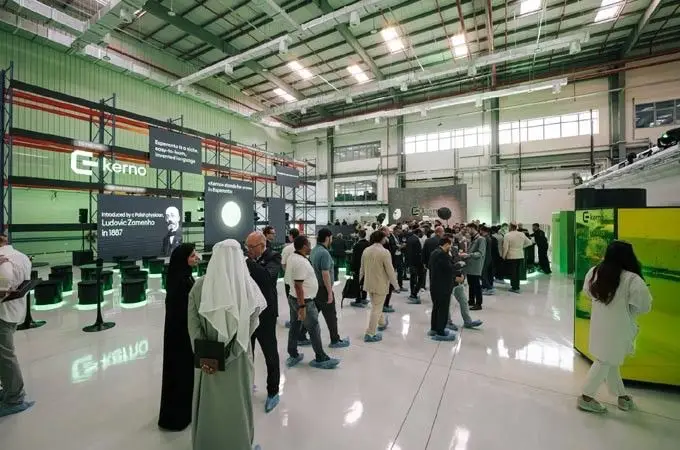RIYADH: Oxagon, the industrial hub of NEOM, has cemented its role as a key player in Saudi Arabia’s Vision 2030 by blending sustainability, innovation, and technology to create a forward-looking industrial complex. Spanning 50 square kilometers, Oxagon is one of the largest floating industrial complexes globally and is on track to operate entirely on renewable energy by 2030.
In 2024, Oxagon made significant strides in its commitment to economic diversification and environmental responsibility, setting new standards for logistics and manufacturing industries. The facility is a showcase for sustainable practices, with initiatives like the integration of renewable energy sources such as solar and wind, which have already reduced carbon emissions by 25% compared to traditional methods.
Paolo Carlomagno, partner at Arthur D. Little Middle East, emphasized that Oxagon’s logistics operations align with Saudi Vision 2030 by aiming to create a diversified economy while minimizing environmental impact. In addition, the manufacturing ecosystem at Oxagon embraces circular economy principles, focusing on resource efficiency and waste reduction. By 2026, Oxagon expects to recycle 90% of industrial waste generated at the complex.
Oxagon employs advanced technologies such as green building techniques and smart water management to further reduce its environmental footprint. One of the notable innovations includes advanced desalination methods that use 40% less energy than traditional processes, providing a sustainable water supply for both industrial operations and local communities.
Partnerships with global corporations, including Siemens and Schneider Electric, have accelerated the adoption of sustainable technologies within Oxagon. These collaborations have led to the implementation of energy-efficient manufacturing systems and low-carbon logistics solutions, setting a regional and global benchmark for sustainable industrial practices.
Key Highlights for 2024:
- Oxagon’s renewable energy integration has cut carbon emissions by 25%.
- Desalination techniques employed reduce energy consumption by 40% compared to conventional methods.
- Real-time demand forecasting has reduced inventory holding costs by 20%, reflecting operational agility.
- The adoption of AI, robotics, and IoT has driven a 30% increase in operational efficiency.
Technological advancements have played a crucial role in Oxagon’s success. The integration of artificial intelligence, robotics, and the Internet of Things (IoT) has enhanced process automation, predictive maintenance, and inventory optimization. These innovations have resulted in a 30% improvement in operational efficiency compared to 2023.
One of Oxagon’s standout technological achievements in 2024 has been the introduction of autonomous electric vehicles within its logistics network. These vehicles, paired with AI-powered route optimization algorithms, have reduced delivery times by 20% and lowered operational costs by 15%. Additionally, IoT-enabled smart manufacturing hubs have improved production accuracy by 25% while minimizing downtime through predictive maintenance protocols.
Looking forward, Oxagon is exploring the use of blockchain technology for transparent supply chain management and the potential of quantum computing to address complex logistical challenges. These innovations are expected to drive a projected 10% annual growth rate in Oxagon’s industrial output over the next five years.
Federico Pienovi, CEO for APAC & MENA at Globant, highlighted Oxagon’s use of AI-driven analytics, blockchain for supply chain transparency, and autonomous systems to optimize operations. These technologies have improved decision-making, reduced inefficiencies, and enhanced operational transparency.
Oxagon’s approach to digital transformation and sustainability serves as a model for businesses looking to thrive in the evolving market dynamics. By forming strategic partnerships with technology providers, academic institutions, and multinational corporations, Oxagon has positioned itself as a hub for innovation and efficiency. Its consumer-centric approach, powered by data analytics and real-time demand forecasting, allows the company to adapt to the dynamic global market.
Looking ahead, Oxagon’s emphasis on digital transformation and sustainable practices ensures that it will remain at the forefront of industrial development. Its integration of AI, IoT, edge computing, and automation into its operations promises to drive continued success, boosting productivity and enhancing the resilience of its industrial ecosystem.
In an era where sustainability and innovation are key drivers of business success, Oxagon’s efforts in 2024 provide a powerful example of how companies can adapt and lead in a rapidly changing global landscape.















